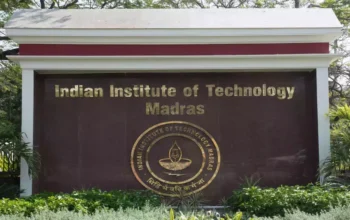During the initial wave of the Covid-19 pandemic, Anshul Srivastava, a 33-year-old writer in Mumbai, found herself daily urging her mother to take the virus seriously, avoid leaving the house, and critically evaluate information on her phone. Anshul described her mother’s tendency to believe in various remedies, from herbal concoctions to wearing camphor for protection. The influx of misinformation, often shared among neighborhood women, exacerbated the challenge of correcting these misconceptions.
Rashmi Lal, Anshul’s 63-year-old homemaker mother, reflected on the isolating impact of the pandemic on the elderly. The time was marked by restrictions on going out, remote work for the younger generation, and a lack of entertainment, leading to a sense of despair.
Misinformation related to Covid-19 became a significant obstacle in India’s efforts to combat the virus. A study from the University of Alberta in August 2021 identified India as the world’s largest source of Covid misinformation, contributing to one in every six pieces of misinformation globally.

The harmful consequences of widespread misinformation are outlined by the World Health Organization, which notes that misinformation fosters uncertainty, skepticism, distrust, fear, and can lead to the rejection of proven public health measures, resulting in loss of life.
The vulnerability of the elderly to misinformation is a crucial aspect of the discourse. Raman VR, a public health expert, attributes this susceptibility to the elderly’s increased time spent on television, social media, and WhatsApp – major sources of misinformation. The misinformation may come from peers, celebrities, or even government initiatives, contributing to the challenge of discerning accurate information.
Pulkit Khanna, an associate professor of psychology, highlights that elderly individuals, often late adopters of technology, may struggle with digital skills, making it challenging to differentiate between verified and unverified sources. Increased reliance on digital information due to isolation further compounds this issue. Fear and uncertainty, coupled with the vulnerability of age, contribute to the elderly believing misinformation out of desperation.

Pratik Sinha, founder of the fact-checking website Alt News, notes that distrust in the state and profiteering by private firms during the pandemic fueled skepticism. To combat misinformation, Sinha suggests large-scale awareness and educational programs, particularly focusing on information literacy among the younger population to assist older individuals in making informed judgments.
In conclusion, the advice to “think before believing, think twice before forwarding, and always check the source” remains crucial in addressing the challenges posed by misinformation during the Covid-19 pandemic.



